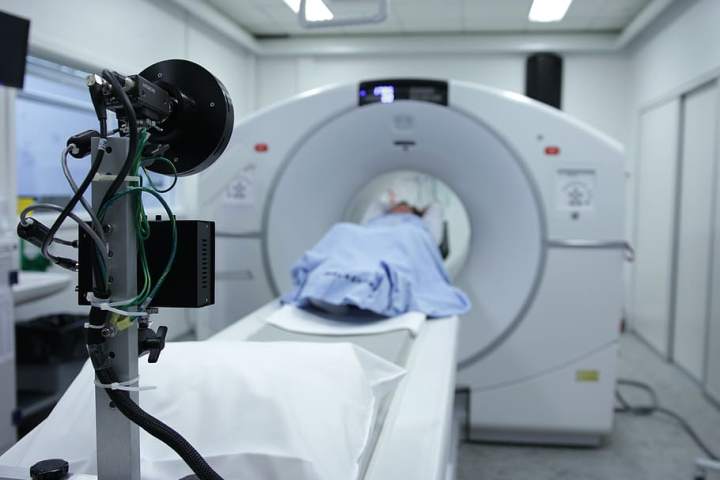Bowel cancer screening programme starting to reduce death toll
“New Zealand has one of the highest rates of bowel cancer in the developed world and that’s why we need this programme,” Andrew Little said.

- Country:
- New Zealand
More than 1000 New Zealanders have had bowel cancer – New Zealand’s second-most-common cause of death from cancer - detected under the Government’s National Bowel Screening Programme, Health Minister Andrew Little said today.
More than 1200 New Zealanders died from bowel cancer in 2017. The screening programme aims to save lives by catching it early, giving patients a greater chance of survival.
“New Zealand has one of the highest rates of bowel cancer in the developed world and that’s why we need this programme,” Andrew Little said.
“This country records 100 deaths a month from bowel cancer. The programme is starting to reduce that toll. Thirty-nine per cent of the cancers found have been in the early stages, where there is a 95 per cent chance of patients living at least another five years.
“On top of that, the programme has led to hundreds of people having pre-cancerous polyps removed, saving more lives.”
The National Bowel Screening Programme started in 2017 and is the first cancer screening programme offered to both men and women. It targets people aged 60 to 74, the age group most at risk from bowel cancer, and is now offered by 17 of the 20 district health boards.
“We’ve already spent $197 million on the programme, and Budget 2021 allocated $50.6 million over four years to bring in the remaining three districts,” Andrew Little said.
“Once it is fully rolled out, the programme will screen about 700,000 people every two years.
“Everyone who gets a bowel cancer test kit in the mail should use it. The test is easy to do and takes just a few minutes. It could save your life.”
(With Inputs from New Zealand Government Press Release)
- READ MORE ON:
- bowel cancer
- Andrew Little
- National Bowel Screening Programme










